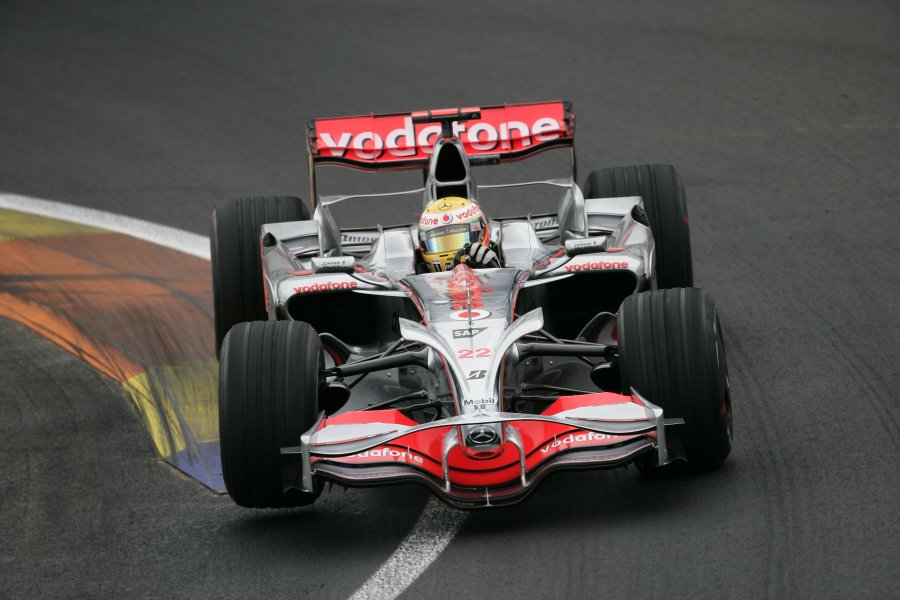F1 goes off track as FIA takes easy way out
 |
| Hamilton left Spa thinking he had won |
The decision by the FIA International Court of Appeal to take the easy way out and rule that McLaren's appeal against Lewis Hamilton's time penalty in the Belgian Grand Prix was simply inadmissible has done nothing to stem the perception, both inside and outside Formula One, that the dice are loaded in Ferrari's favor and against McLaren.
Nor will many of the discrepancies which, thanks to that simple ruling, did not become the issues in court that they should have been.
First, there was race director Charlie Whiting's confirmation – twice – to McLaren sporting director Davy Ryan, during the 43rd lap of the race, that Hamilton had done enough in handing the lead back to Raikkonen.
It is alleged that race stewards were minded not to apply a penalty, but they did so after an incident report was submitted by Whiting.
Then there is the question of if it was right at the Japanese Grand Prix at Fuji last year to allow Toro Rosso to appeal against a 25-second time penalty imposed on their driver Tonio Liuzzi.
They were permitted to do so even though the appeal subsequently failed.
That judgment had been made by the former permanent FIA steward Tony Scott-Andrews who was generally regarded in the paddock as a man of impeccable honesty but who was fired by FIA president Max Mosley last December as he reorganized international stewarding.
The FIA told McLaren it had been flawed, and Whiting claimed Scott-Andrews admitted a mistake had been made.
McLaren showed the court a statement in which Scott-Andrews emphatically denied such claims and said: "I have seen the email and I'm extremely surprised by its content. In short, it is grossly inaccurate and misleading."
As Whiting stuck by his version, McLaren's lawyer Mark Phillips QC highlighted this remarkable "discrepancy" and asked the judges "to reflect, when you come to consider your judgment, the way in which certain members of the FIA conducted themselves."
Falling back on an appeal simply being inadmissible is just too convenient.
It is fundamentally damaging to a sport when spectators leave the event believing they have seen one thing, only to discover that their eyes deceived them.
And when senior figures tell you that it is better that the fans are arguing over "controversial rulings by the referees" rather than the majesty of the on-track action, you know that the sport is in dire danger not just of losing its soul, but its very raison d'etre. New Zealand Herald
